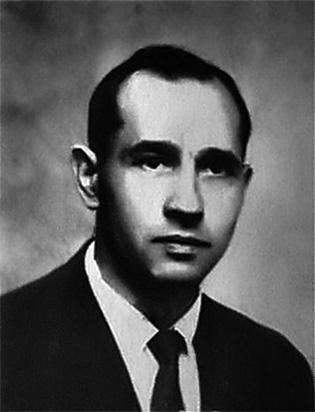Bolesław Zawalicz-Mowiński

In the meantime, the British decided to dissolve the advisory committees in West Germany, which reduced Zawalicz-Mowiński’s responsibilities. He continued to act as Chairman of an SPK department in the former British occupation zone and maintained good relations with the Polish milieu in London. Meanwhile, the number of active people in the commission of which he was a member had declined. The onus of the responsibilities of chairman fell to him; he performed this role until the Association of Polish Refugees was created (Zjednoczenie Polskich Uchodźców, ZPU). During the third general meeting of the SPK in London, Zawalicz-Mowiński was elected Vice-Chairman of the SPK council. From this point, he had direct access to General Władysław Anders, to President August Zaleski, to the Prime Minister and to the ministers. The election to SPK’s inner leadership circle definitively sealed his ability to access the elite in exile.
In 1951, Senator Tadeusz Kobylański entrusted him and Emeryk Hutten-Czapski with a mission. The mission’s main objective was to make direct contact between the Polish government in London and the Federal government in Bonn and to draw the attention of government circles in Bonn to the fate of Poles in Germany. In the meantime, Zawalicz-Mowiński tasked the commissioners with coordinating the upcoming elections for the district executive. He, for his part, took part in the elections for the Executive in Hanover, Essen and Munich. Together with the other commissioners, he created a structure for the new organisation based on territories. Once the organisational structures had been created and the district delegates appointed, Zawalicz-Mowiński convened a high council in Höxter an der Weser. Thanks to his mediation, the veterans provided a space for the future organisation and supported the organisation’s activities in the two years that followed. When the first council meeting of the ZPU was convened on 28 July 1951 and the new organisation had officially started its activities, Zawalicz-Mowiński and the other commissioners dissolved the Organising Committee. Over the years, his actions were guided by the vision and the belief that all the milieus of Polish refugees could be consolidated. His accomplishments and his efforts in building up the new organisation were highlighted in the press.
During the first meeting of the Main Council of the ZPU, Zawalicz-Mowiński was elected the first Chairman of the board. He held this position until February 1954. At this stage, there were no indications of the changes that were to come. His character and authority provided the guarantee for the necessary unit within the milieu of the Polish refugees, which made it possible for the new organisation to continue their activities without political friction. Since the emergence of the ZPU, Zawalicz-Mowiński had also started to work together with other milieus in exile, especially those in Germany, France, Great Britain, the US and Canada.










